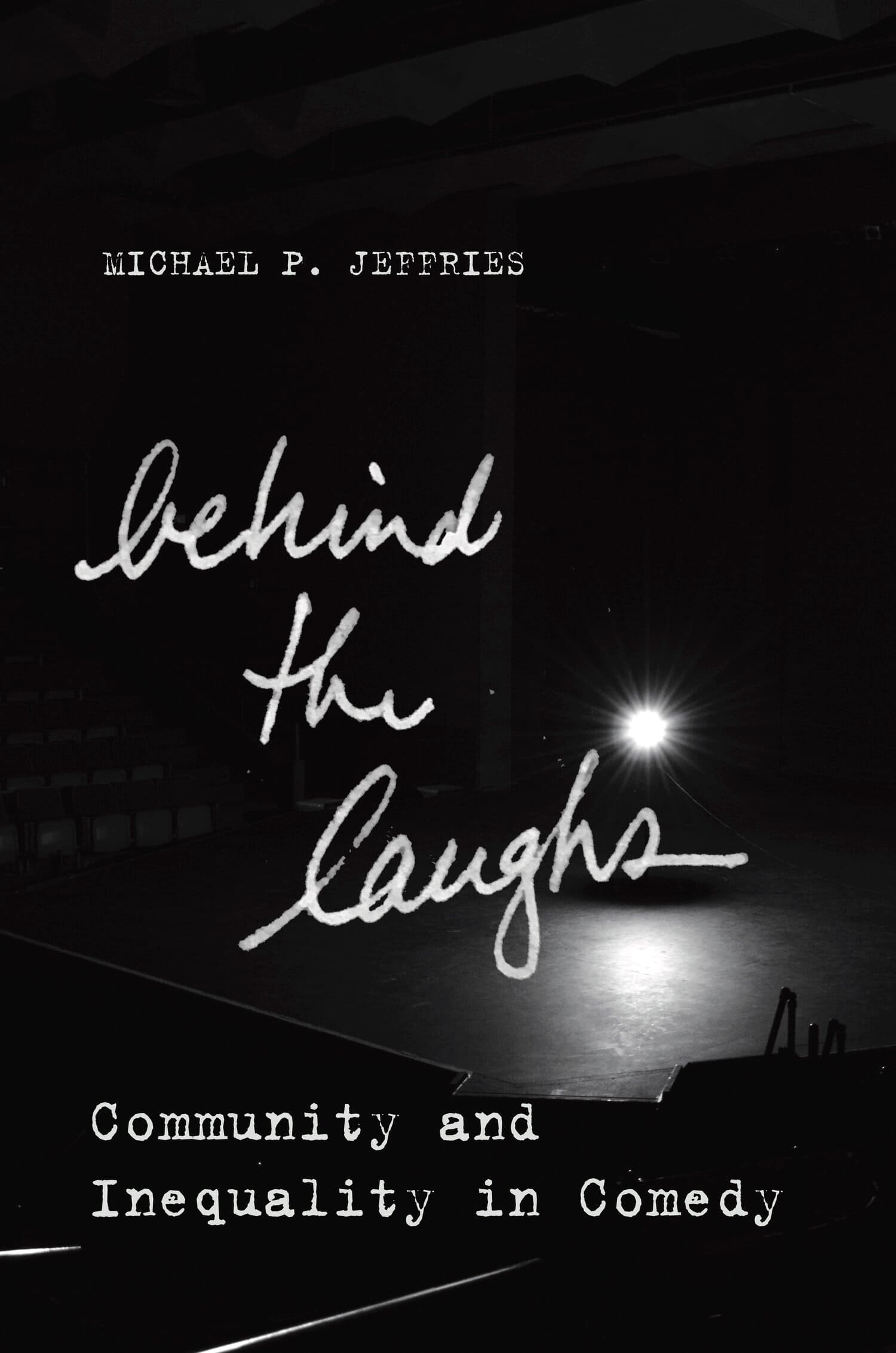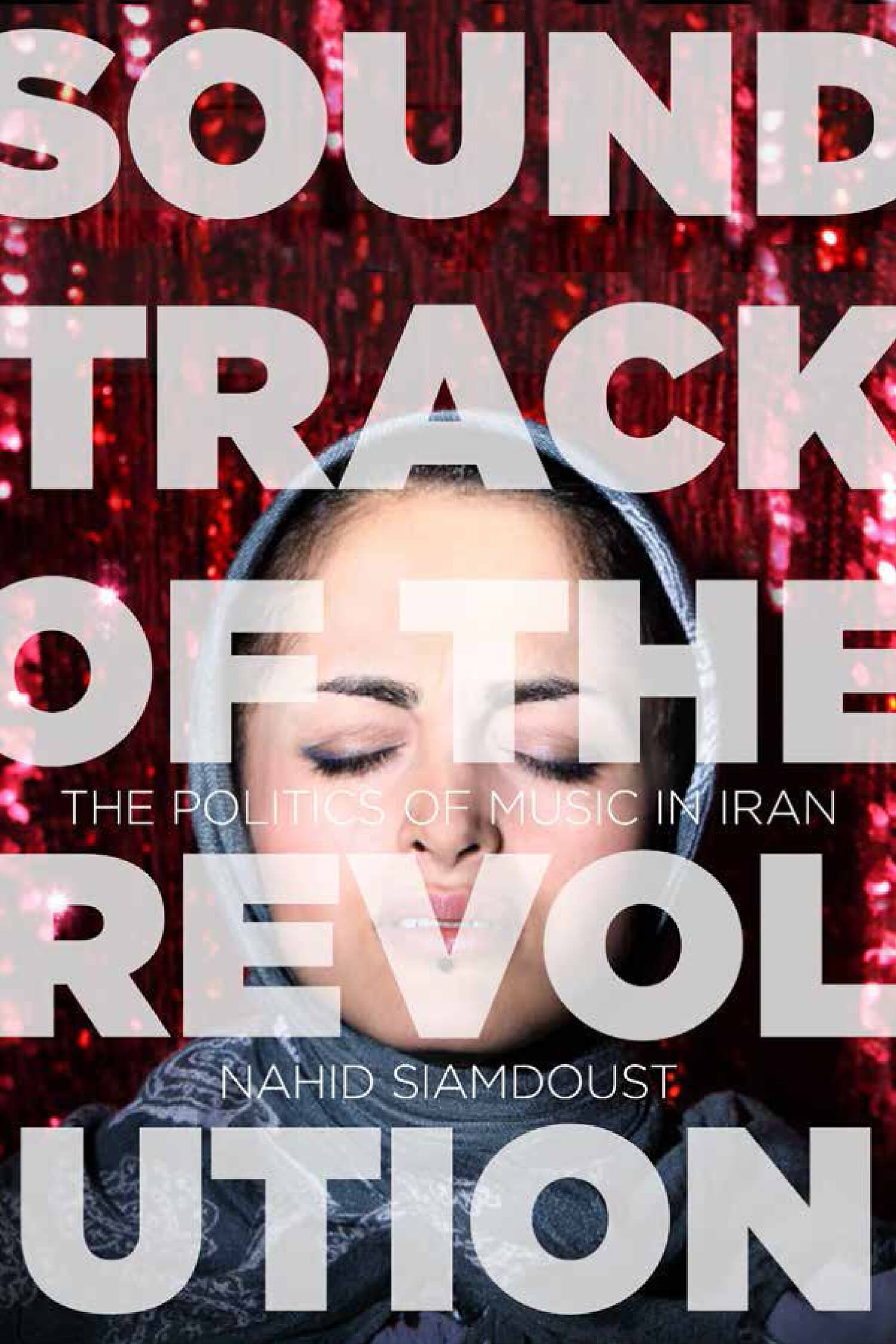K-pop Live

1990s South Korea saw the transition from a military dictatorship to a civilian government, from a manufacturing economy to a postindustrial hub, and from a cloistered society to a more dynamic transnational juncture. These seismic shifts had a profound impact on the media industry and the rise of K-pop. In K-pop Live, Suk-Young Kim investigates the meteoric ascent of Korean popular music in relation to the rise of personal technology and social media, situating a feverish cross-media partnership within the Korean historical context and broader questions about what it means to be "live" and "alive."
Based on in-depth interviews with K-pop industry personnel, media experts, critics, and fans, as well as archival research, K-pop Live explores how the industry has managed the tough sell of live music in a marketplace in which virtually everything is available online. Teasing out digital media's courtship of "liveness" in the production and consumption of K-pop, Kim investigates the nuances of the affective mode in which human subjects interact with one another in the digital age. Observing performances online, in concert, and even through the use of holographic performers, Kim offers readers a step-by-step guide through the K-pop industry's variegated efforts to diversify media platforms as a way of reaching a wider global network of music consumers. In an era when digital technology inserts itself into nearly all social relationships, Kim reveals how "what is live" becomes a question of how we exist as increasingly mediated subjects, fragmented and isolated by technological wonders while also longing for a sense of belonging and being alive through an interactive mode of exchange we often call "live."
"K-pop Live is essential reading for all interested in popular culture in general and K-pop in particular. Suk-Young Kim provides accessible and lively insights into the complexities of the artistry and the commerce, the manufactured and the impromptu, the virtual and the somatic, and the local and the global that propel the production, dissemination, consumption, and reproduction of Korean popular music today."—Hyung-Gu Lynn, University of British Columbia
"K-pop idols are sweeping the world, and K-pop Live is the book you need to understand this incredible phenomenon. From the music videos to a futuristic fan museum, Suk-Young Kim reveals the ways idols are transforming how we think about musicians and fandom. An excellent read and great for all levels of coursework."—Ian Condry, Massachusetts Institute of Technology
"[The] ultimate "star" of the book seems to be Kim's witty and contemplative prose that takes on another extended definition of liveness as "liveliness" through a dexterous weaving of critical theory and original arguments. The book's delivery on the paradoxical performance industry of K-pop—simultaneously glamorous and coveted, yet cutthroat and hypercommercial—satisfies the critical lacuna of K-pop scholarship from a performance studies perspective. With its well-organized index and extensive list of references, K-pop Live...is a welcome companion for educators of performance studies, media and visual culture, and Korean studies alike."—So-Rim Lee, The Drama Review
"Kim explores the possibility that the origin of the success of K-pop may be significantly attributed to the heung (feeling of excitement) of Korean traditional music....I am most impressed by [her] intimate, cautious, and critical participant observation. Her close attachment to the performances and activities as if she were a 'K-pop maniac' in her early twenties adds heung to the experience of the reading of the book."—Gil-Soo Han, Cross-Currents
"This study is informative, insightful, thought-provoking, and entertaining. It mediates the key scenes of K-pop with a sense of liveness for the reader; as if we were there with the author."—Nikki J.Y. Lee, Pacific Affairs
"Suk-Young Kim's K-Pop Live: Fans, Idols, and Multimedia Performance offers an accessible, in-depth perspective on K-pop...[T]his book encourages its readers to be more alert to their various senses and more inquisitive about the range of experiences such multimedia engagements can create, much like the heung excited by K-pop's multi-sensory appeal."—Walter Byongsok Chon, Situations: Cultural Studies in the Asian Context




